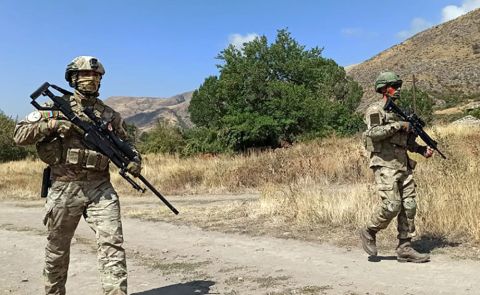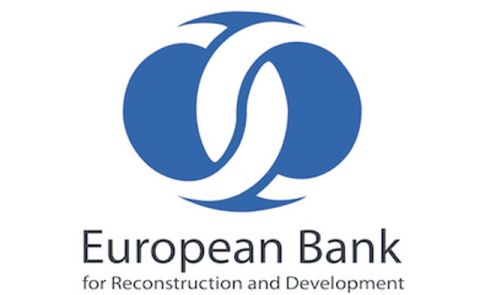
Political crisis in Georgia: Garibashvili in Brussels; opposition wants Danielson to stay
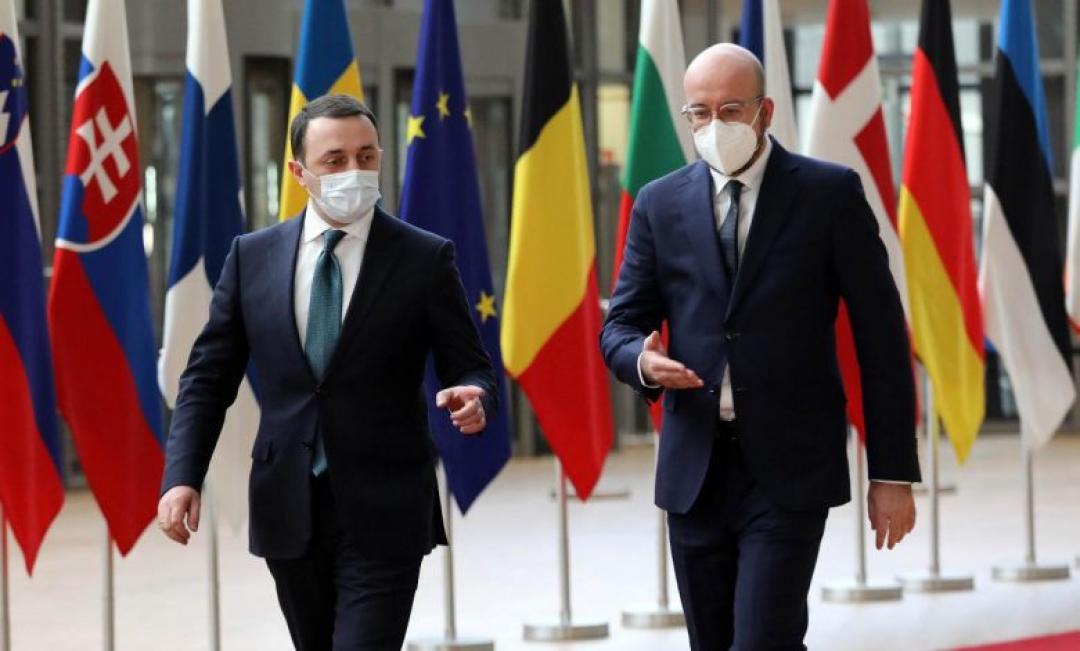
On 16 March, Georgia’s Prime Minister Irakli Garibashvili went to Brussels where he met with the EU High Representative for Foreign Affairs and Security Policy Josep Borrell and European Commissioner for Neighborhood and Enlargement Oliver Varhelyi, as well as with the European Council President Charles Michel, to discuss the ongoing political dialogue between the government and opposition in Georgia.
Garibashvili said after his meeting with Michel that the “ultimate wish and the task of the EU and Michel is for all Georgian political parties to continue work in parliament. I had a very productive meeting with President Charles Michel. I would like to thank him once again for his direct mediatory engagement. His envoy is currently in Tbilisi. Tomorrow we will have a chance to engage in the dialogue. I would like to make one thing clear. We are called to find a solution, but this must not happen at the expense of state interests. It must be a compromise more or less acceptable to all,” he stated, adding that over the past few days the opposition “has been very destructive and has tried to further complicate the tension and hinder the negotiations.”
Besides the political situation in Georgia, other topics were also discussed between Garibashvili and Borell. The Georgian government administration reported that the face-to-face meeting at the European Commission underscored Georgia’s progress toward European and Euro-Atlantic integration and reforms implemented under the Association Agreement. Special attention was paid to the importance of deeper economic and sectoral integration into the EU. The parties also discussed regional processes and the dire humanitarian situation in Georgia’s separatist regions of Abkhazia and Tskhinvali (South Ossetia), and the Georgian government’s peace policy toward conflict regulation.
At the meeting with Varhelyi, all key directions of the bilateral agenda were discussed, and the country’s progress toward economic, political, and democratisation reforms was commended. Special emphasis was placed on the implementation of the Association Agreement, successful cooperation across a variety of areas, geopolitical processes, challenges in the separatist territories, and the present political state of affairs. The meeting accentuated the Georgian government’s ambitious plans of officially applying for full EU membership in 2024 and all necessary steps taken in the country to that end.
Meanwhile, the opposition parties in Georgia stated that Borell’s mediation representative Christian Danielson would stay in Tbilisi until the parties come to an agreement on the issues of repeat parliamentary elections and the release of opposition United National Movement leader Nikanor Melia. The opposition also said that per the working document (which is not public) both the ruling Georgian Dream party and the opposition would have to make concessions.
Danielsson has so far not confirmed that he would stay until the completion of negotiations. However, he said the day before that he “knew from the beginning that what he was doing here was difficult,” but that progress was seen during the negotiations. An interesting statement was given by the French ambassador to Georgia Diego Colas, who said the last steps before the deal were the hardest. “All sides have a chance to show that discussions, sense of responsibility, plus courage can help address strong disagreements and consolidate democracy. In today’s world, it would be a big lesson,” he emphasised.
See Also

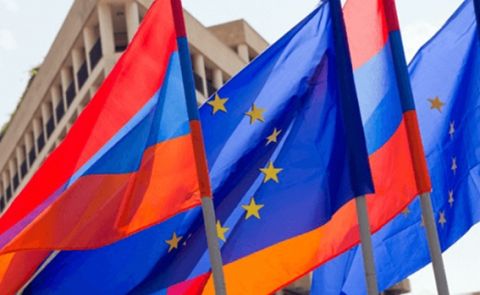
Pashinyan and Mirzoyan Hold Separate Meetings with European Leaders to Focus on Armenia’s EU Integration, Human Rights Progress, and Regional Developments
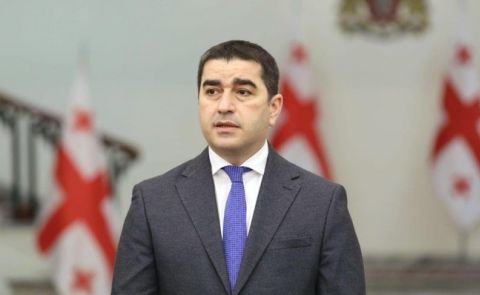
Georgian Parliament Speaker Participates in EU Parliamentary Conference, Engages in High-Level Bilateral Talks
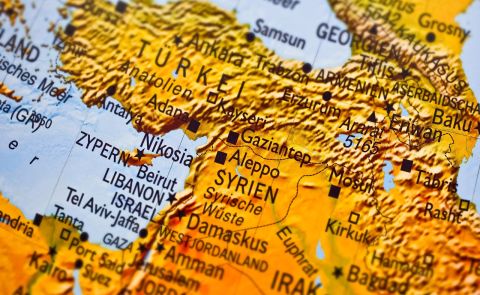
Separatist Abkhazia and Syria Discuss Strengthening Academic Ties, Potential Agreement Between Universities
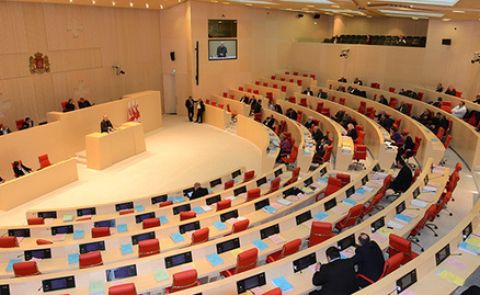
Georgia Announces Legislative Changes Targeting Foreign Nationals in Anti-Government Protests
